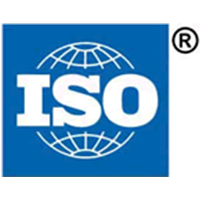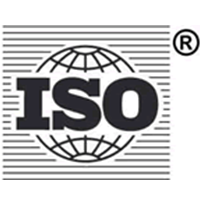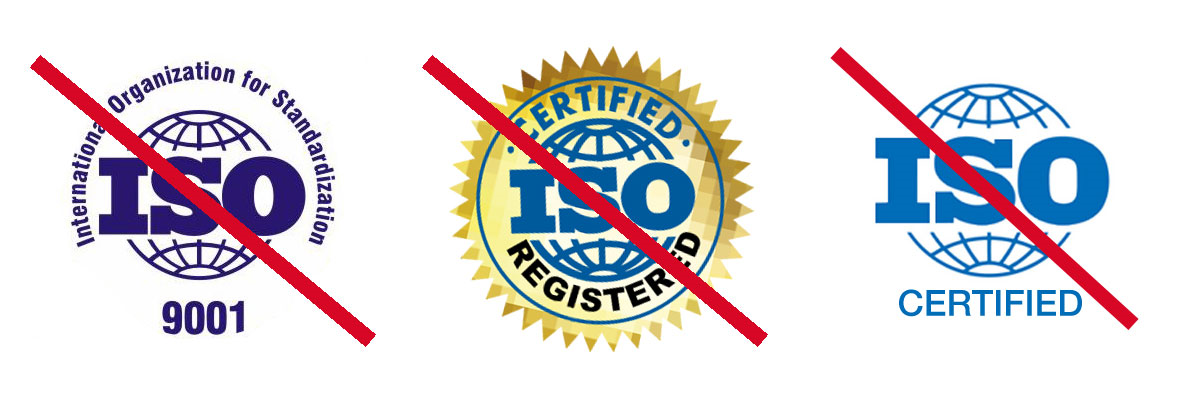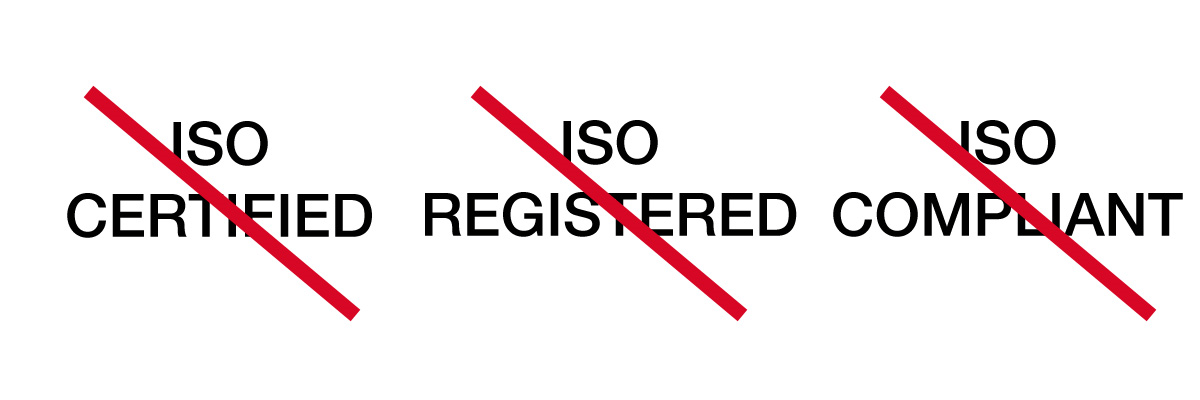Certification can be a useful tool to add credibility, by demonstrating that your product or service meets the expectations of your customers. For some industries, certification is a legal or contractual requirement.
ISO Registration
All Services
- FSSAI Licensing and Registration
- APEDA Registration
- ISO Certification
- Trademark Registration
- Importer-Exporter Code
- MSME Registration
- Shop and Establishment Certificate
- Fire NOC
- Weights and Measurement Registration

Got any
+91-9999113209

ISO Registration in Delhi
ISO does not Perform Certifications
At ISO, we develop International Standards, such as ISO 9001 and ISO 14001, but we are not involved in their certification, and do not issue certificates. This is performed by external certification bodies, thus a company or organization cannot be certified by ISO.
However ISO's Committee on Conformity Assessment (CASCO) has produced a number of standards related to the certification process, which are used by certification bodies. Read more about CASCO Standards.
Certification – the provision by an independent body of written assurance (a certificate) that the product, service or system in question meets specific requirements.
Accreditation - the formal recognition by an independent body, generally known as an accreditation body, that a certification body operates according to international standards.
Choosing a Certification Body
When choosing a certification body, you should:
Evaluate several certification bodies.
Check if the certification body uses the relevant CASCO standard
Check if it is accredited. Accreditation is not compulsory, and non-accreditation does not necessarily mean it is not reputable, but it does provide independent confirmation of competence. To find an accredited certification body, contact the national accreditation body in your country or visit the International Accreditation Forum.
Displaying Your Certificate
Remember, when labelling a product or system as certified to an ISO standard:
Don't say: "ISO certified" or "ISO certification"
DO say: "ISO 9001:2015 certified" or "ISO 9001:2015 certification" (for example).
ISO SURVEY
Find out how many valid certificates there are in each country for the main ISO management system standards.
International Organization In Cooperation With ISO For Accreditation
The International Accreditation Forum (IAF) is the world association of Conformity Assessment Accreditation Bodies and other bodies interested in conformity assessment in the fields of management systems, products, services, personnel and other similar programmes of conformity assessment.
ILAC is the international organisation for accreditation bodies operating in accordance with ISO/IEC 17011 and involved in the accreditation of conformity assessment bodies including calibration laboratories (using ISO/IEC 17025), testing laboratories (using ISO/IEC 17025), medical testing laboratories (using ISO 15189), inspection bodies (using ISO/IEC 17020) and proficiency testing providers using ISO/IEC 17043.
Complaints About Certification
ISO is interested to hear from you if you feel that any ISO standard, including ISO 9001 or ISO 14001, is being misused. Read more about making a complaint to ISO.
Can I Use The ISO Logo?
The ISO logo is a registered trademark and cannot be used by anyone outside of ISO, unless authorised. If you wish to use a logo to demonstrate certification, contact the certification body that issued the certificate. See full details about use of the ISO logo.
Our ISO Logo
We, the International Organization for Standardization, own the registered trademarks for our short name, "ISO".
Our ISO Logo
We also own the registered trademarks for the ISO logo.




These trademarks for the ISO logo and short name are registered in over 100 countries. ISO's trademarks are well-known trademarks.
Use Restricted To ISO Members And Technical Committees Only
Only ISO, ISO members, and ISO technical committees (TCs) are allowed to use the ISO logo and ISO short name in accordance with ISO Policies. ISO members and ISO TCs may contact us at logo@iso.org to find out how to best use our trademarks. All others are generally not allowed to use ISO’s trademarks. See the “Use guidelines: ISO's logo and short name” section on this page for more details.
ISO'S Brand And Reputation: Quality, Confidence And Trust
For standards users, customers and consumers, ISO means quality, confidence, trust, safety and many other positive values. That is why we and our members care about how ISO's trademarks are used and whether unauthorized use of the ISO trademarks could mislead, create false impressions, or cause confusion.
We and our members (located in many countries worldwide) will take appropriate action if we consider the misuse of ISO's trademarks puts our reputation at risk.We have successfully initiated many legal actions including national trademark actions, notice and takedown claims (including under the Digital Millennium Copyright Act (DMCA)), and domain name abuse claims under the Uniform Domain Name Dispute Resolution Policy with the WIPO Arbitration and Mediation Center.
Use Guidelines: ISO'S Logo And Short Name
For all others except ISO members and ISO technical committees (TCs), here are some non-exhaustive guidelines to help you avoid misusing ISO's trademarks. (ISO members and ISO TCs may use ISO’s trademarks according to ISO Policies).
ISO Logo
Don't use or copy the ISO logo.
Don't modify or change the ISO logo.
Don't use a modified or changed ISO logo.

ISO Short Name
Don't register "ISO" as, or in, your domain name, website, or company name, e.g. www.isodatabase.com.
Don't use "ISO" as, or in, your product or service name.
Don't say that you, your products or your services are endorsed, approved or certified by ISO. (Remember, ISO doesn't perform certifications.)

Do refer to ISO or the International Organization for Standardization in a fair and appropriate way.
Do refer to ISO standards with their full reference, e.g., "ISO 9001:2015".
ASK ME HOW TO APPLY FSSAI LICENCE?
Still confused on how to get the license? Lets talk one on one and clear all the confusions!